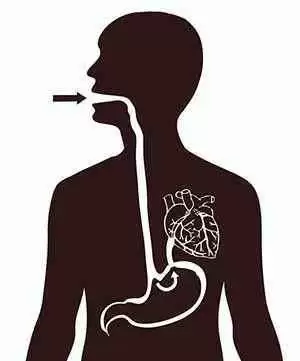
Celiac.com 06/04/2012 - Non-responsive celiac disease is very much what it sounds like: celiac disease where symptoms seem to resist treatment and continue even in the face of a gluten-free diet.
A team of researchers recently set out to look for the most likely causes of persistent symptoms in celiac disease patients on a gluten-free diet.
Celiac.com Sponsor (A12):
The research team included David H. Dewar, Suzanne C. Donnelly, Simon D. McLaughlin, Matthew W. Johnson, H. Julia Ellis, and Paul J. Ciclitira. They are variously affiliated with King's College London, Division of Diabetes and Nutritional Sciences, Department of Gastroenterology, and The Rayne Institute at St. Thomas' Hospital in London.
Their goal for the study was to investigate all patients referred to our center with non-responsive celiac disease (NRCD), to establish a cause for their continued symptoms.
For their study, the research team assessed all non-responsive celiac disease who were referred to their gastroenterology center over an 18-mo period.
They then established the etiology of ongoing symptoms for these patients. For all patients, the team established a thorough case history and conducted a complete examination with routine blood work including tissue transglutaminase antibody measurement.
Additionally, each patient was examined by a specialist gastroenterology dietician to try to spot any gaps in their diets, or any hidden sources of gluten consumption.
When possible, the team conducted a follow-up small intestinal biopsy, and compared the results against the biopsies from the referring hospital.
Patients with persistent symptoms received colonoscopy, lactulose hydrogen breath testing, pancreolauryl testing and a computed tomography scan of the abdomen.
The team monitored patient progress over a minimum of two year period. Overall, the team looked at 112 patients with non-responsive celiac disease. They determined that twelve of those did not actually have celiac disease. Of the remaining 100 patients, nearly half, 45%, were not adequately following a strict gluten-free diet. Of these, 24 (53%) were found to be accidentally consuming gluten, while 21 (47%) admitted to not faithfully following a gluten-free diet.
Microscopic colitis was found in 12% and small bowel bacterial overgrowth in 9%. Refractory celiac disease was found in 9%. Three of these were diagnosed with intestinal lymphoma. After 2 years, 78 patients remained well, eight had continuing symptoms, and four had died.
In most cases of non-responsive celiac disease, the team found a reversible cause can be found in 90%. In the vast number of those cases, continued consumption of gluten was the main cause.
The team is proposing the use of an algorithm for further investigation of the matter.
Source:




Recommended Comments
Create an account or sign in to comment
You need to be a member in order to leave a comment
Create an account
Sign up for a new account in our community. It's easy!
Register a new accountSign in
Already have an account? Sign in here.
Sign In Now